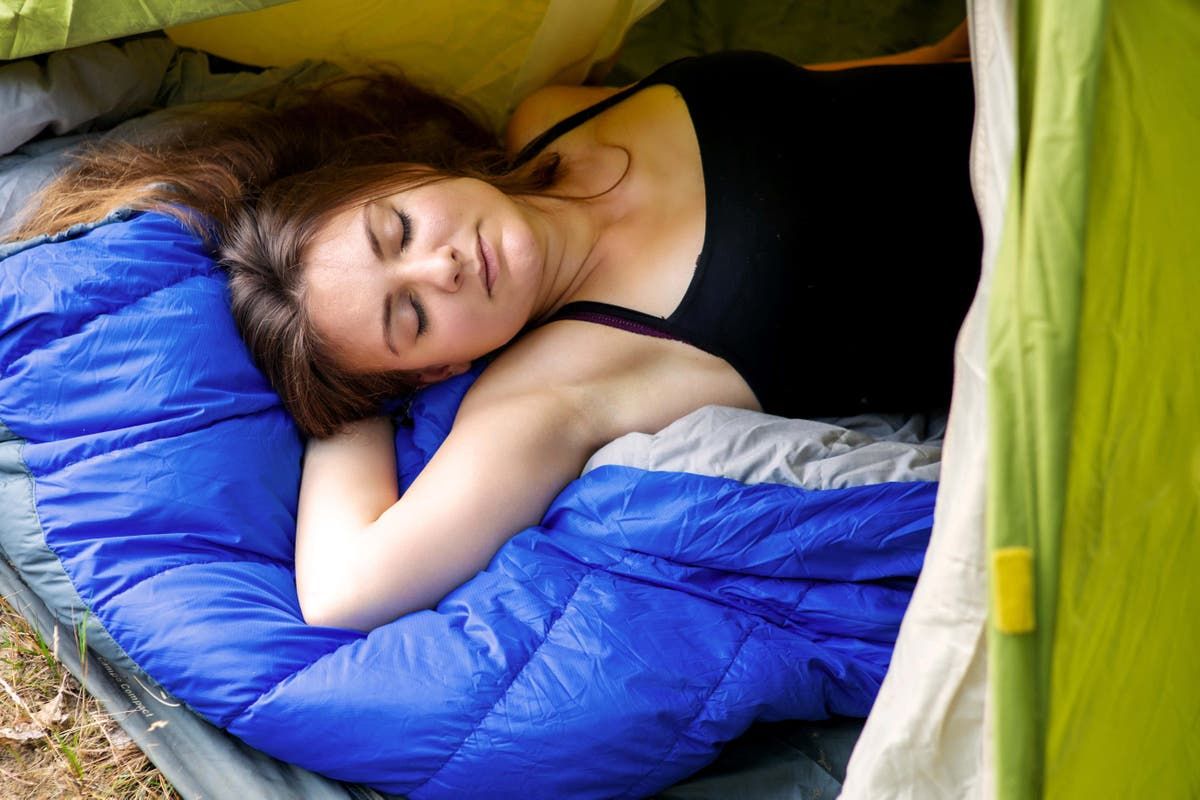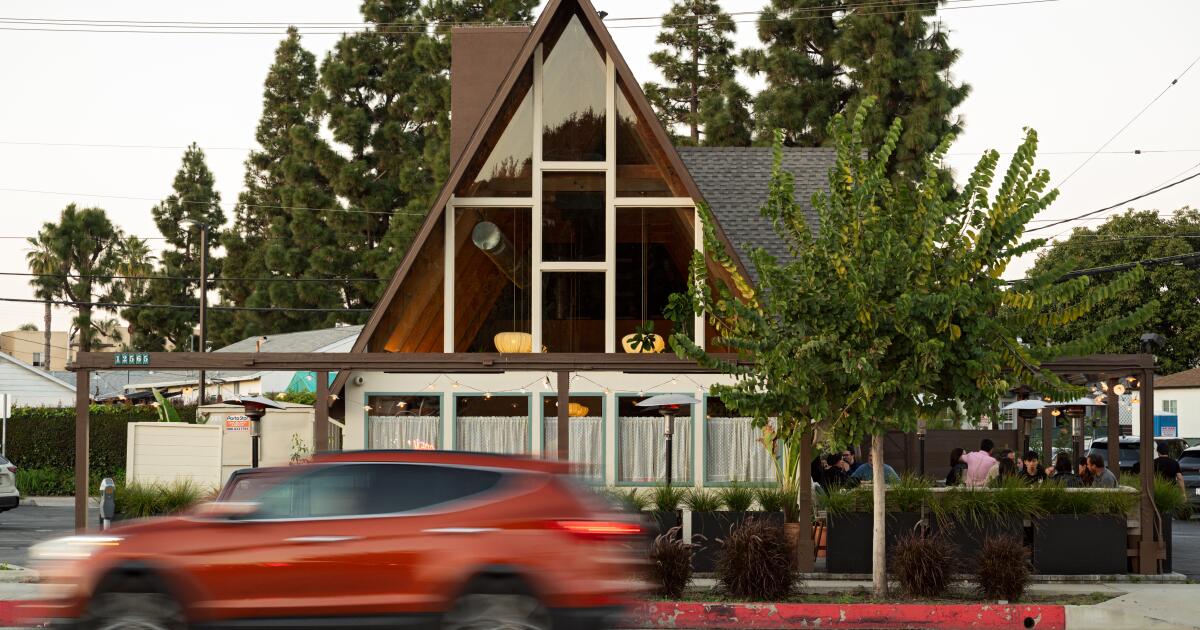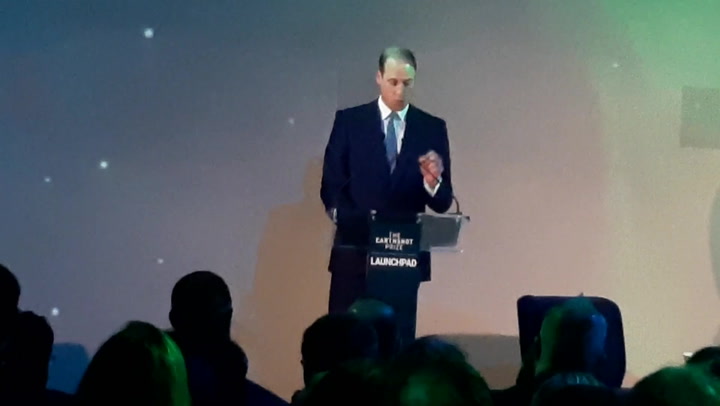As thousands prepare to embark on a busy five days at Glastonbury, festival newbies may be feeling anxious about not being able to sleep.
As any seasoned festival-goer will know, falling asleep with all the noise and excitement (not to mention discomfort) can be a challenge.
Here are some festival-friendly sleep tips to help you stay in tip-top shape throughout the festival…1. Bring a decent tent
A good quality tent could drastically affect your sleep, says David Scotland of Outdoor World Direct. The sun has arrived just in time for Glastonbury, so Scotland recommends opting for a tent to help keep you cool.
“Camping in hot, sticky conditions can quickly become uncomfortable and tiring,” says Scotland. “There are several tent features and accessories that can make sleeping in these conditions more comfortable, such as camping fans or polycotton tents that are cooler in hotter conditions.
“When purchasing a tent, look for ones with UV protection and dark or unlit rooms, as these will keep you cooler on hot, sunny mornings.”
2. Bring an air bed
To avoid a “festival flop”, NHS doctor and Time4Sleep's resident sleep expert Dr Hana Patel is encouraging all Glastonbury campers to bring an air bed and pump.
“Making sure you're comfortable setting up your tent should be your top priority, and packing a few extra items can make the difference between a fun festival experience and a failure,” says Patel. “Bringing an air bed will help create that cozy atmosphere in what would otherwise be an uncomfortable sleeping space.”
Scotland also recommends checking the seasonal rating of your sleeping bag. “You'll need a 1-2 season sleeping bag for summer; anything higher will be uncomfortable on mild nights,” she suggests.
3. Pack light clothes for sleepingInstagram-worthy festival outfits may be your top priority when packing, but Patel recommends finding room for something lightweight to sleep in.
“When our mind is preoccupied with discomfort, this can cause a cycle of anxiety that will prevent us from falling asleep,” explains Patel. “Trying to sleep in materials like denim can be very difficult, as tight, stiff clothing can dig into your body. Remember to pack some comfortable clothes and prioritize keeping them dry.”
4. Set up camp in a low traffic area
If you're a festival newbie, try camping around the edge of the campsite and a good distance from the bathrooms and hallways – your ears and nose will thank you!
“The slightest noise or smell can disrupt your sleep pattern,” says Patel. “Set up your camp as far away from busy spots as possible.
“It may be a little tricky getting back into your tent, but if you're worried about sleeping, this is one of the key tips. Not only will it be quieter on the edges of the camp, but the long walk back to the tent will help prepare the body for sleep.”
5. Avoid caffeinated drinks or excess alcohol.
Drinking a couple of pints or energy drinks may be tempting when you're lacking energy in the middle of a mosh pit, but consuming this will have a negative impact on your sleep.
“Drinking alcohol is known to affect the quality of your sleep, although you may feel more sleepy after drinking alcohol,” explains Gabby Morse, specialist dietitian at Nuffield Health. “It reduces the time you spend in the rapid eye movement (REM) sleep cycle (the deepest part of our sleep, which has the most restorative effect on our body) and can interfere with your circadian rhythm.
Kerry Beeson, nutritional therapist at Prep Kitchen, adds: “Alcohol and caffeine are diuretics and can dehydrate you more in hot weather. Keep an eye on the color of your urine: if it starts to look yellow and more concentrated, you need to increase your fluid intake.”
6. Shower before bed
Many campers will opt for the wipes method to stay somewhat cool at Glastonbury, but Patel encourages anxious sleepers to take a quick shower before curling up.
“If a nighttime shower is part of your normal sleep routine, I would recommend continuing to shower at this time while you're at the festival,” explains Patel. “Strictly following your normal sleep routine will send signals to your mind and body that it's time to sleep.”
7. Use earplugs
Last but not least, a pair of comfortable earplugs could save your sleep at festivals.
“External noise can disturb your sleep and even prevent you from falling asleep, especially when we are used to peace and quiet in our homes,” says Patel. “Sleeping little or between meals will leave you feeling exhausted and lacking the energy to continue your holiday antics. High-quality earplugs can be used to ensure that music and noise do not startle you during the night.”












